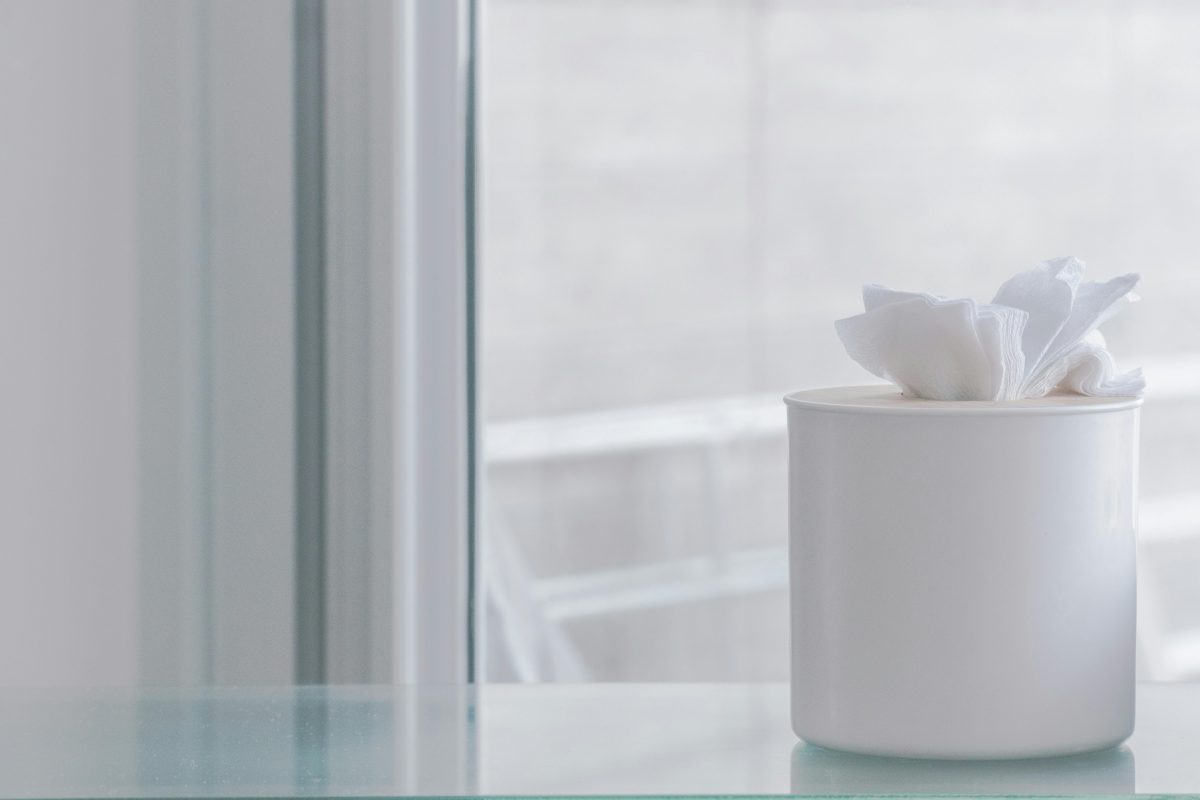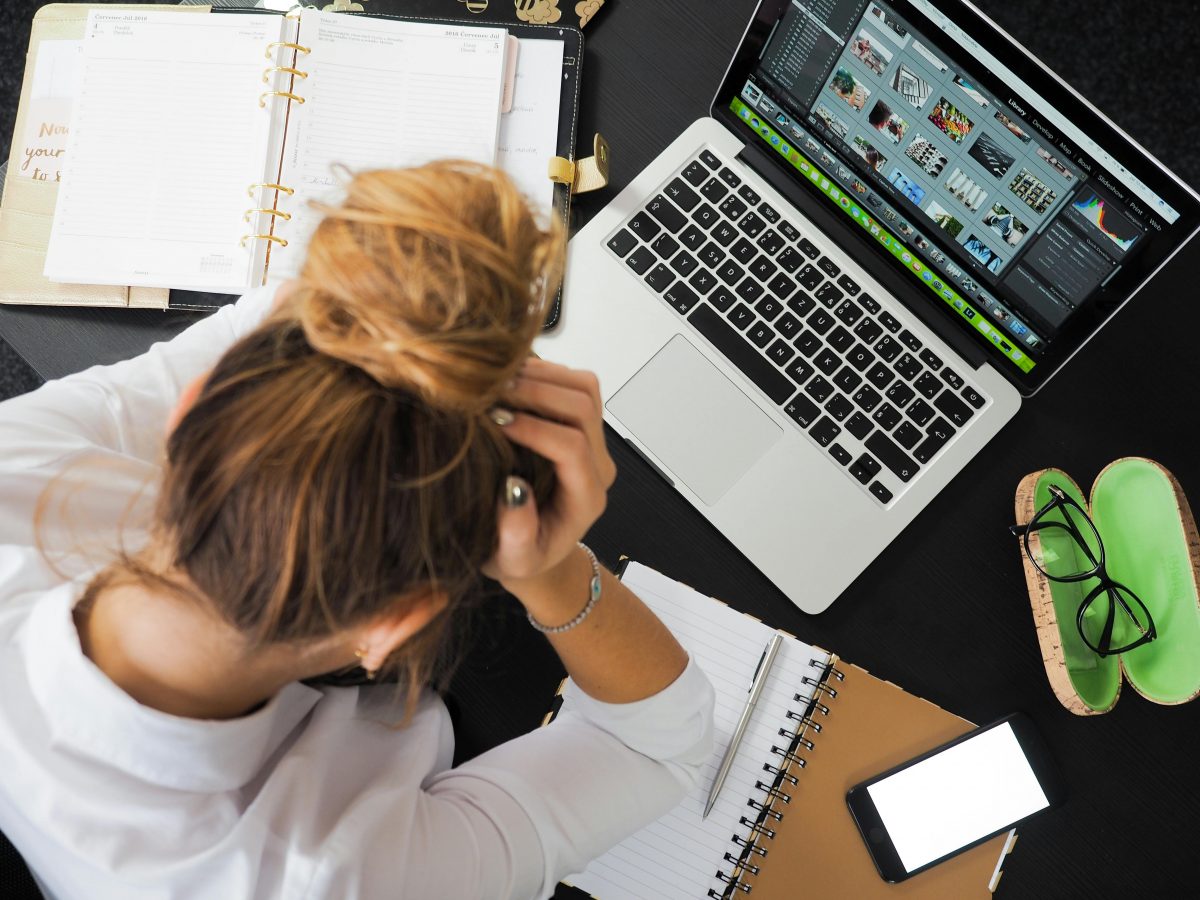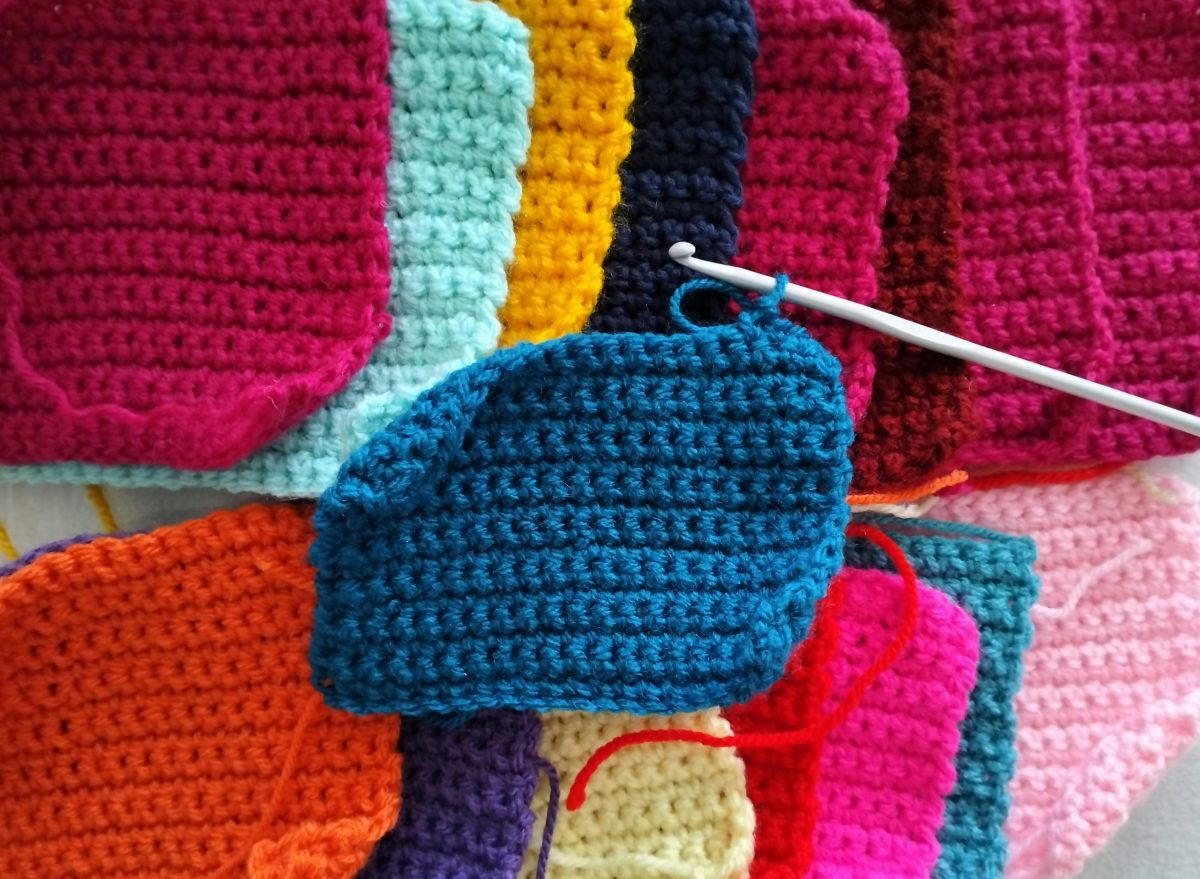
By Yamila García
I’ve mentioned many times how sensitive I am to sounds and smells, and how that often affects me negatively in various situations. I don’t just smell what I’m about to eat; I smell everything around me: places, clothes, vegetation, and objects. When I was younger, back in my country, I used to play a game on the bus ride home where I’d close my eyes and guess when we passed a park, always relying on its smell to guide me. Even though I’ve always been aware of this heightened sensitivity, I feel like I never fully convey how intense it is or how much it impacts my life. In truth, I think I wasn’t as aware of it as I’ve become recently.
A few days ago, I had Covid, and besides feeling terrible overall, the hardest part was losing most of my sense of smell. I felt like I wasn’t myself. I couldn’t recognize my surroundings or my belongings. It left me completely disconnected from everything and everyone, making me feel so lost. That’s when I realized that my extra sensitivity wasn’t just a burden; it also helped me communicate and connect with the world around me. Smell was so essential to me that, without it, my life felt paused. I didn’t know how to move forward without that sensory connection. It was like walking in the dark, possibly even worse than not being able to see. I felt alienated from my own life, as if I were just a spectator waiting for things to pass so I could participate again. I know this might sound exaggerated to some, and perhaps even I would have thought so before this happened to me. However, despite feeling awful and struggling to breathe, the hardest part was, without a doubt, not being able to smell and recognize my environment.
So, once again, I’m reminded that I wouldn’t change the way I perceive the world for anything. Yes, it’s true that during these days, I wasn’t overwhelmed by any unpleasant smells, but I had never felt so lost in my life. The way I experience my surroundings, like everything in life (and not just for neurodivergent people), comes with both positives and negatives. But in the end, I’m grateful for the way I perceive the world, and I wouldn’t trade that for anything.

